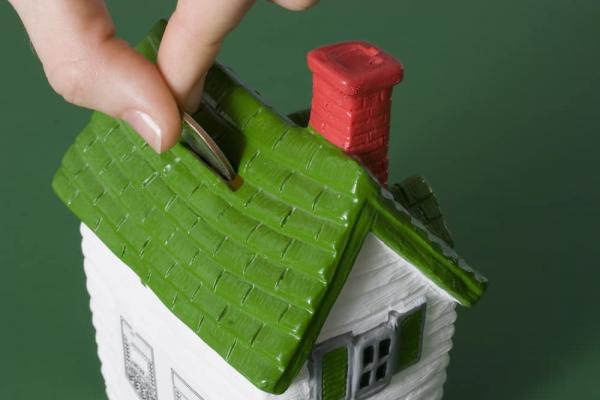
When you buy a home or refinance your mortgage, you should expect to pay a plethora of petty fees. Even if you can get the seller to pay them for you, it is a good idea to understand them.
Some fees are associated with the mortgage and some fees are associated with buying or selling a home.
Mortgage Related Fees
Appraisal: Appraisal fees vary by market, but the cost is typically around $300 for a single family home.
Credit report: Costs vary, but expect to pay up to $50.
Lender's title insurance: This is insurance that protects the lender in case there is a problem with the title to your property. In most cases this will be less than 1% of the mortgage or $1,000 per $100,000 of mortgage loan.
Origination Fee: This fee may be negotiable. Typically, it is around 1%.
Underwriting Fee: This fee, though not always charged, could be up to $750 and may be negotiable.
Document preparation fee: This fee could be up to $150 and could be negotiable.
Tax service fee: This is a fee paid to verify the status of property taxes. The fee is usually about $60
Flood inspection certificate: This is the fee to confirm whether or not flood insurance is required because the property is in a flood zone; expect to pay about $15
In addition to the closing costs above (the list is not comprehensive-there could be other costs), you may also have to pay some interest at closing for the rest of the month, in which case your first mortgage payment won't be due until the first of the month after next. You may also have to pay a portion of the property taxes if the lender is requiring you to pay them with your mortgage. Finally, if the mortgage company is collecting taxes, they'll be collecting property insurance as well and may want you to bring a portion of next year's premium to closing-in addition to evidence that you've paid the current year.
Home Purchase Related Fees
Home purchase related fees in addition to the fees shown above (if you buy a home for cash, the fees above are avoided, otherwise you'll pay the mortgage related fees above plus the home purchase fees):
Closing fee: This fee is typically paid to the title company to handle the closing; expect to pay about $100 to $150. (Both buyer and seller will pay the same amount.)
Wire fees: This is for the escrow company to wire money to the seller; expect to pay $10 to $25.
Federal Express fees: This is to cover the cost of sending documents between the parties; expect $15 to $35.
Seller Related Costs
If you are selling a home, these are the fees you can expect to pay on that side of the transaction.
Real estate broker commission: The commission to the agent who sold your home typically costs six or seven percent of the purchase price. You may be able to negotiate the commission.
Closing fee: This fee is typically paid to the title company to handle the closing. Expect to pay about $100 to $150.
Buyer's title insurance: This policy protects the buyer from defects in the title that you didn't know about. Expect to pay less than 1% of the sale price of the home ($1000 per $100,000 of sales price).
Federal Express fees: This covers the cost of sending the documents between the parties; expect to pay $15 to $35.
By agreement, the seller is generally allowed to pay the buyer's closing costs. Often, the seller will demand a higher price as a result, effectively forcing the buyer to borrow the money as part of the mortgage.
As you can see, the total closing costs for a real estate transaction are large, with the buyer's costs easily topping two percent of the purchase price (including the mortgage related costs). The seller's costs are even larger, with the commission included. Selling one home and buying a new one can easily cost a family 10% of the average value of the homes they are buying and selling. Don't ever fool yourself into thinking that you somehow make up that money. It's really gone.
This article was originally published on FamilyShare.com. Check out these other related articles: Take the mystery out of refinancing your mortgage, How to choose a good mortgage broker (an insider's guide) and 6 insider tips for refinancing your mortgage.

